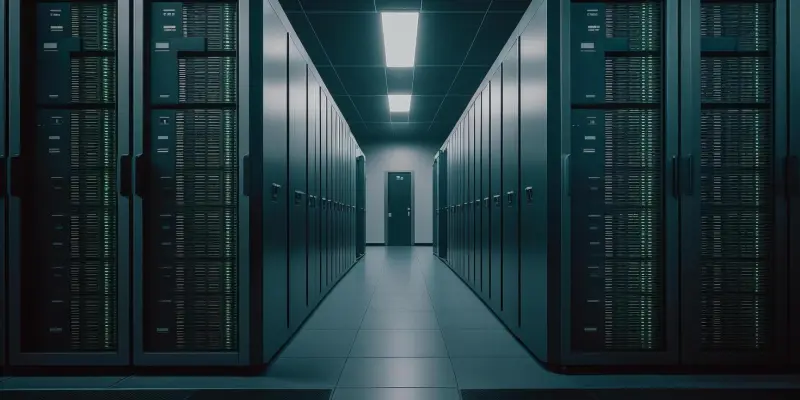Roblox, the widely popular video game platform, is making significant strides in enhancing its global infrastructure. Recently, it launched the construction of a new data center in São Paulo, Brazil. This initiative underscores Roblox’s dedication to improving the gaming experience for its sizable Brazilian user base by aiming to boost performance and minimize latency issues. The company’s announcement through the Roblox DevForum reveals that this state-of-the-art facility is slated to become operational in early 2026. According to Jerret West, Roblox’s chief marketing officer, Brazil holds strategic importance in the company’s expansion blueprint. The aim is to create a more immersive and responsive platform for users. Beginning server testing in Brazil since 2024, Roblox demonstrates thorough preparation for this major step forward. While specific details about the new data center remain limited, it is being touted as Roblox’s most advanced infrastructure project to date.
Expanding Global Reach with Advanced Infrastructure
Roblox is expanding its global reach, managing 27 data centers worldwide, with a new center in São Paulo, Brazil. This move underlines Roblox’s strategy to enhance its virtual environments and global presence. By harnessing a strong backbone network and AWS for specialized services, Roblox aims to provide gamers with richer, smoother experiences. The São Paulo data center highlights the company’s focus on reducing latency in key markets and mirrors a broader trend in the gaming industry toward improved infrastructure for better user experiences. As Brazil ranks among the largest gaming markets, this expansion could substantially impact Roblox’s ability to retain and grow its user base. Roblox’s commitment to evolving technology through infrastructure investments underscores its dedication to leading in gaming performance and user satisfaction. This development, crucial for maintaining competitiveness in the digital landscape, will be closely watched by industry observers eager to see its effects on Roblox and the gaming world.

